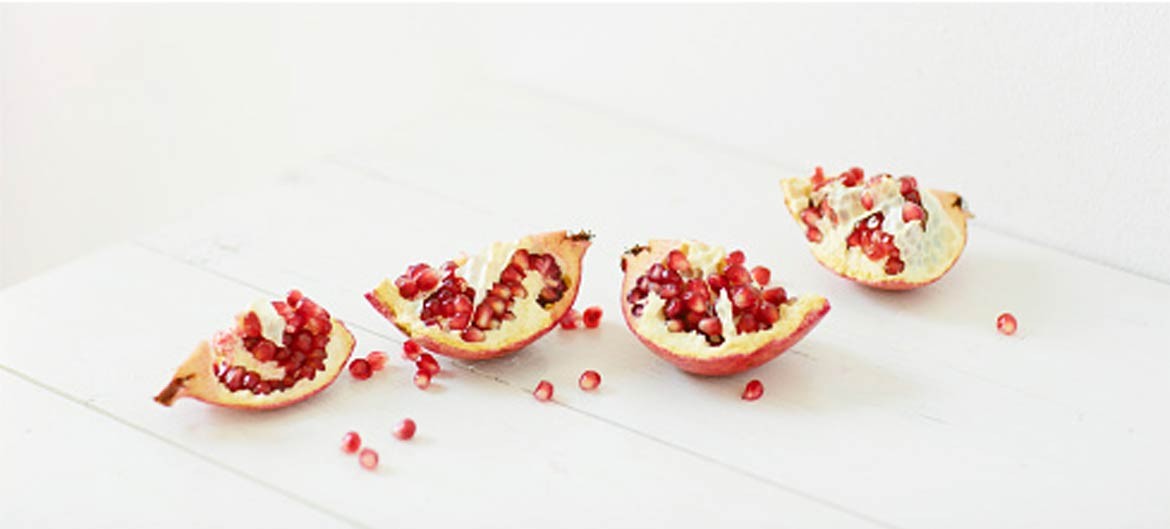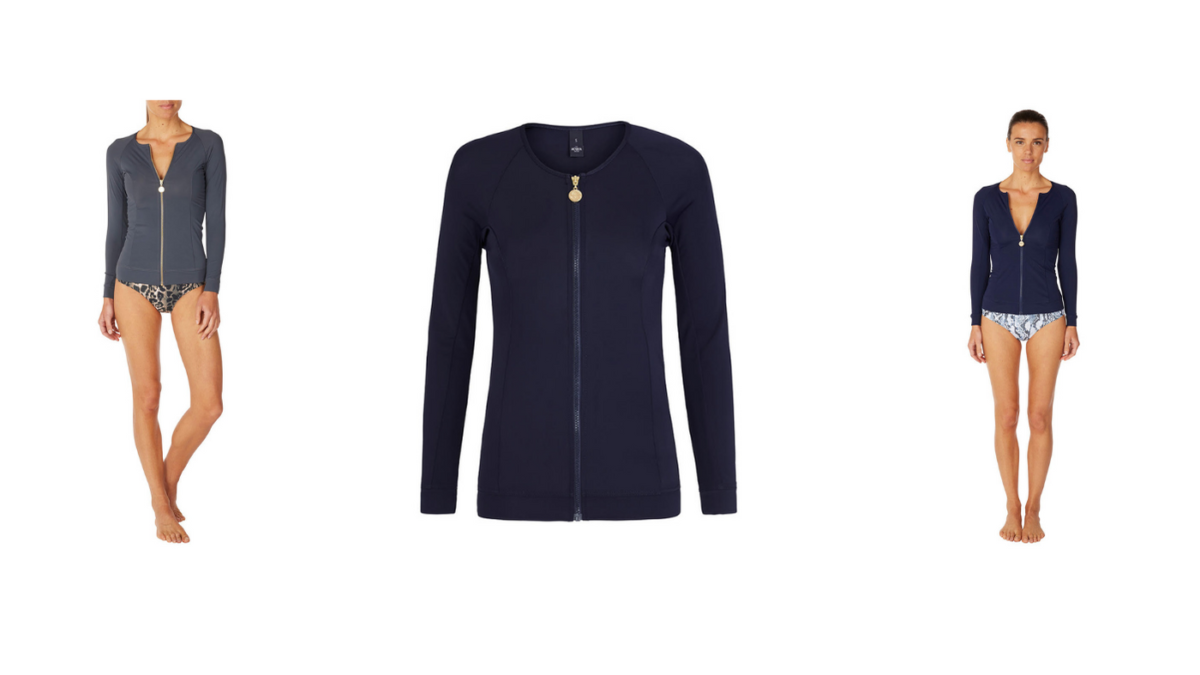Patients often ask me for anti-aging and topical skincare advice, and truthfully, it is a regimen that needs to be tailored for each individual patient to achieve optimal results. Various skin types, underlying skin conditions, and lifestyle factors need to be considered in the plan.
But as far as the products that work, here are some facts you should know, based on scientific studies when choosing a topical skincare product:
- Vitamin A Derivatives (Retinol, Retinoic Acid)
I like to think of Retinol as the “American Pharaoh” of topical skin care. It mops up free radicals and reduces collagen degradation. Retinol affects skin at the nuclear level, altering gene transcription to cause differentiation and growth of cells in the skin. This results in dermal regeneration and pigment lightening, and no other topical skin care product can come close to its effectiveness. I recommend prescription-strength Retinol, because “over-the-counter” products do not offer the same efficacy. Another point to note: Retinol cannot be used by women who are pregnant or breastfeeding!
- Antioxidants
Antioxidants are widely considered the best food for your skin. Get ‘em any way you can:
Vitamin C (L-ascorbic Acid) – Perhaps the most powerful topical antioxidant available, Vitamin C scavenges free oxygen radicals, which would otherwise cause cellular death in the skin. It stimulates collagen synthesis, lightens pigment, and improves skin texture and hydration. It’s worth noting that Vitamin C is an unstable molecule, so you need to buy a high quality product. I swear by Isdin vitamin C ampoules, which you can purchase at my office during your next visit.
Vitamin E (Alpha Tocopherol) – Vitamin E is the main lipid soluble anti-oxidant, and works by preventing lipid peroxidation and mopping up free radicals. Studies suggest it also may prevent skin cancer.
Soy (Flavonoids) – Soy contains phytoestrogens, which increase skin thickness. It also enhances UVA/B protection and is anticarcinogenic.
Green Tea (Epicatechin) – Green Tea is great for UVA/B protection. It is antiangiogenic, anti-inflammatory, and anticarcinogenic.
Pomegranate – This sweet, seeded fruit contains pantothenic acid, polyphenols and allagic acid, and can actually increase your SPF protection by 25%!
Grapes, Cranberries, Blueberries and Peanuts – These foods all contain resveratrol, and are packed with powerful, anti-inflammatory antioxidants.
Co-Q10 Ubiquinone – Recent studies show tat the selenium and zinc in Co-Q10 protects against UV induced redness and skin cancer.
- Sunscreen
Of course, don’t forget the important anti-aging benefits of a UVA/UVA protective sunscreen!
Vitamin A Derivative + Antioxidants + Sunscreen = what I call the “trifecta” of anti-aging skin care. I recommend using all three daily for maximum youth-inducing results.
Forever young,
Dr. Dolder




